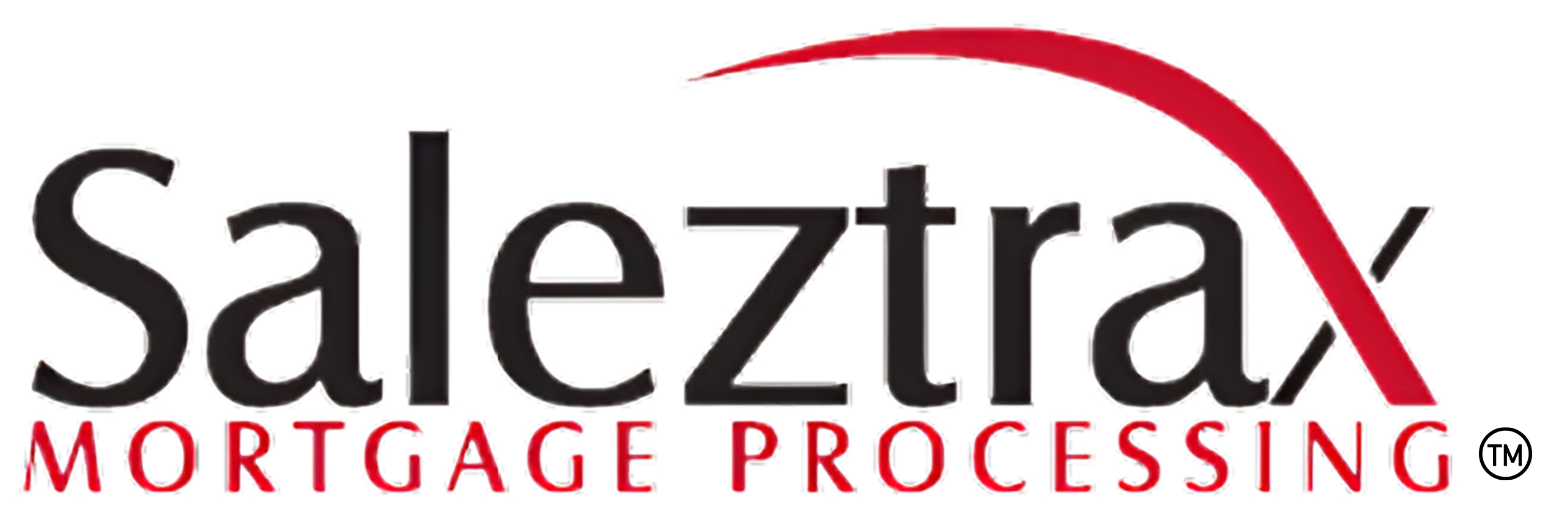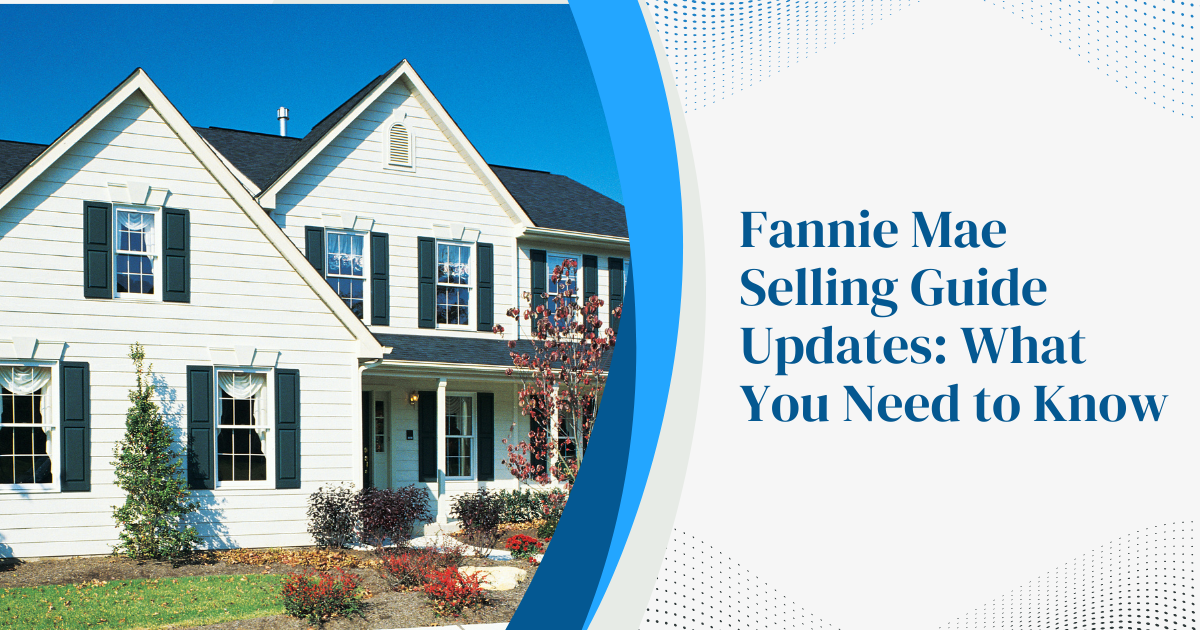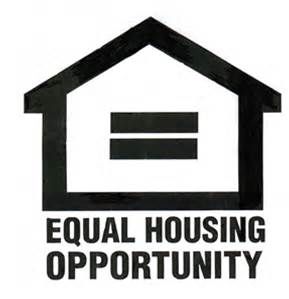Don't let these 5 fears hold you back from owning a home
Original Source: readynest.com
If you haven’t applied for a mortgage, why not?
Despite the fact that most Americans want to own a home one day, many of them are worried about starting the process now. In my 20+ years in the mortgage industry, I have spoken to many people about when and why they decide to apply for a mortgage – and why not. In many instances, it seems to come down to a very human emotion: the fear of rejection.
Feel the fear – but do it anyway
That fear of rejection is very understandable! After all, the mortgage process requires you to be pretty vulnerable: strangers will be looking at your credit history, your bank account and your spending habits. But if you take a leap of faith to apply for a mortgage and find out where you stand, you may find you’re more prepared to buy a home than you thought. And even if your application is denied, you’ll learn a lot about what you need to do next to become mortgage ready – information you may not have known if you didn’t decide to take that leap of faith.
Are one or more of these 5 fears holding you back from applying for a mortgage?
1. “My credit won’t be good enough to qualify for a mortgage.”
You can’t move forward if you don’t know where you stand. Read up on credit basics and then get a copy of your credit reports at annualcreditreport.com. In general, you’ll need a score of at least 580 for an FHA loan or 620 for a conventional loan.
Some lending programs do exist for people with lower credit scores, or for those who don’t have much credit history. For example, Thrive Mortgage has its very own credit restoration program called Thrive4Home. Until you pull your own credit and sit down with a lender, you may not know what you might be able to qualify for.
2. “I won’t be able to afford the monthly mortgage payments.”
A monthly mortgage payment depends on many factors – the amount you borrow, the length of your loan, your interest rate, and taxes and fees, to name a few. You won’t know how your current rent payments will compare to a monthly mortgage unless you run some numbers using the prices of homes in your area. Getting preapproved by a lender could also show you how much home you can afford and what the monthly mortgage payment might be.
While a monthly mortgage payment can be intimidating, any renter knows that renting comes with its own risks and uncertainty. Rents continue to rise, and there’s no guarantee your rent will stay the same year to year. According to rent.com, the average rental price for a 1-bedroom apartment showed a year-over-year increase of 27% in August 2022. If you get a fixed-rate mortgage, your monthly mortgage payment will not increase unless your taxes and insurance do.
Remember that your home is an investment, not just another monthly bill. Paying rent gives you a 0% return on investment. A monthly mortgage payment earns you equity. In addition, your home will appreciate over time, adding value to your investment. While the actual rate of appreciation can vary quite a bit based on location, the market (home prices rose almost 17% in 2021!), and other factors, homes have historically averaged about 3.5% in annual appreciation. When you rent, your landlord reaps the benefit of that appreciation; when you own, the benefit is yours.
3. “I don’t have enough money for a down payment.”
One of the most persistent housing myths is that you need to put 20% down to buy a house. It’s true that putting down a larger down payment will lower the amount you borrow, thus lowering your monthly payment. But if you wait to even start your homebuying journey until you have 20% to put down, you may be waiting a long time.
There are many low-down-payment mortgage options out there, including FHA loans, VA loans, and conventional loans with private mortgage insurance. Most lenders offer one or more of those products, which require a minimum down payment of between 3% and 5%.
Down payment assistance (DPA) programs can also help you put less money down. Some DPA programs, like grants that cover some or all of the down payment and closing costs, don’t have to be repaid. Other DPA programs take the form of second mortgages that may require repayment, or may offer forgiveness of the second mortgage loan if certain conditions are met. Again, a lender can help you understand what is available in your area.
4. “A house requires too much maintenance.”
Some renters worry that owning a home will leave them on the hook for costly repairs and maintenance. Being a homeowner is indeed a responsibility, and you’ll want to maintain your home both for your own comfort and to protect your investment. If repairs and maintenance are just something you don’t want to deal with at all, continuing to rent may make the most sense for you.
But if maintenance is the only thing stopping you from becoming a homeowner, consider that:
- A home warranty can help cover the cost of repairs to house systems or appliances – and can make the home repair process less intimidating since the warranty company will handle finding contractors to make the repairs. If the condition of a home you are considering for purchase is a concern, the seller may be willing to pay for the first year of a home warranty plan
- Many major systems and appliances come with individual warranties for a set period of time. Depending on the house you purchase, you may find that you have at least some coverage for repairs (this is a good thing to know before you buy, of course!)
5. “I don’t want to be tied down.”
Other renters worry that by buying a home they’ll be stuck in the same place. It’s true that changing ownership of a property is more complicated than ending a lease, but that property is also a financial asset. If you no longer want to live in the house, you could:
- Sell it and buy a new house, using the equity you earned to buy a bigger house or one in a different neighborhood or city
- Sell it and return to renting, using the equity you earned to make other investments
- Turn it into an investment property by renting it out
Don’t be intimidated
Buying a home can seem like a complicated, intimidating process. But don’t let fear stop you from getting to the starting line. Getting preapproved or applying for a mortgage can help you see where you stand.
The worst that can happen is you will be denied for the loan. “Denial” is a scary word, but remember that it doesn’t mean “never” – it means “not yet.” And knowing why you were denied for the loan will help you make the changes you need to make to become mortgage ready. A good loan officer will take the time to explain your situation and will help you make a plan.
The opinions and insights expressed in this blog are solely those of its author, Tay Toliver, and do not necessarily represent the views of either Mortgage Guaranty Insurance Corporation or any of its parent, affiliates, or subsidiaries (collectively, “MGIC”). Neither MGIC nor any of its officers, directors, employees or agents makes any representations or warranties of any kind regarding the soundness, reliability, accuracy or completeness of any opinion, insight, recommendation, data, or other information contained in this blog, or its suitability for any intended purpose.
Subscribe to our blog and stay up to date about changes in the market that effect buyers. Or contact us to learn more about mortgage processing services.













